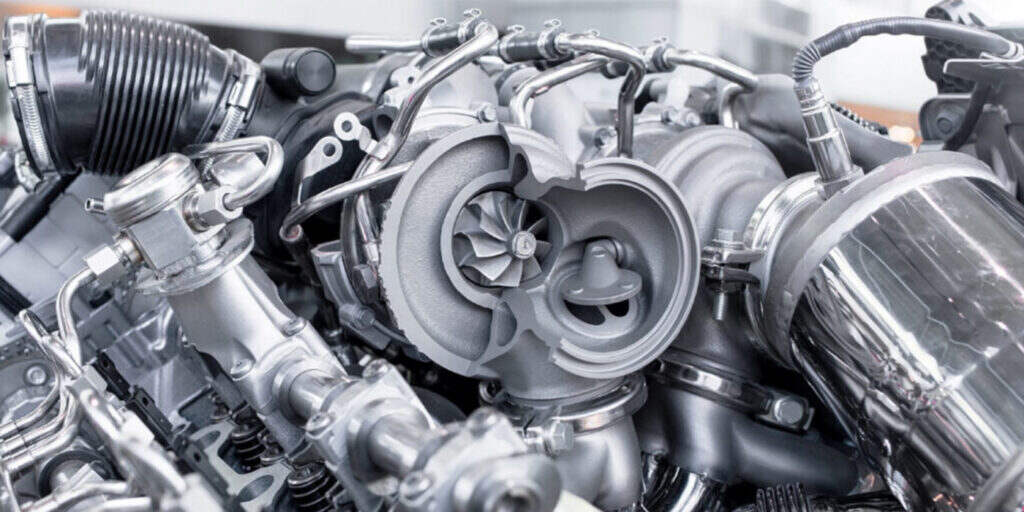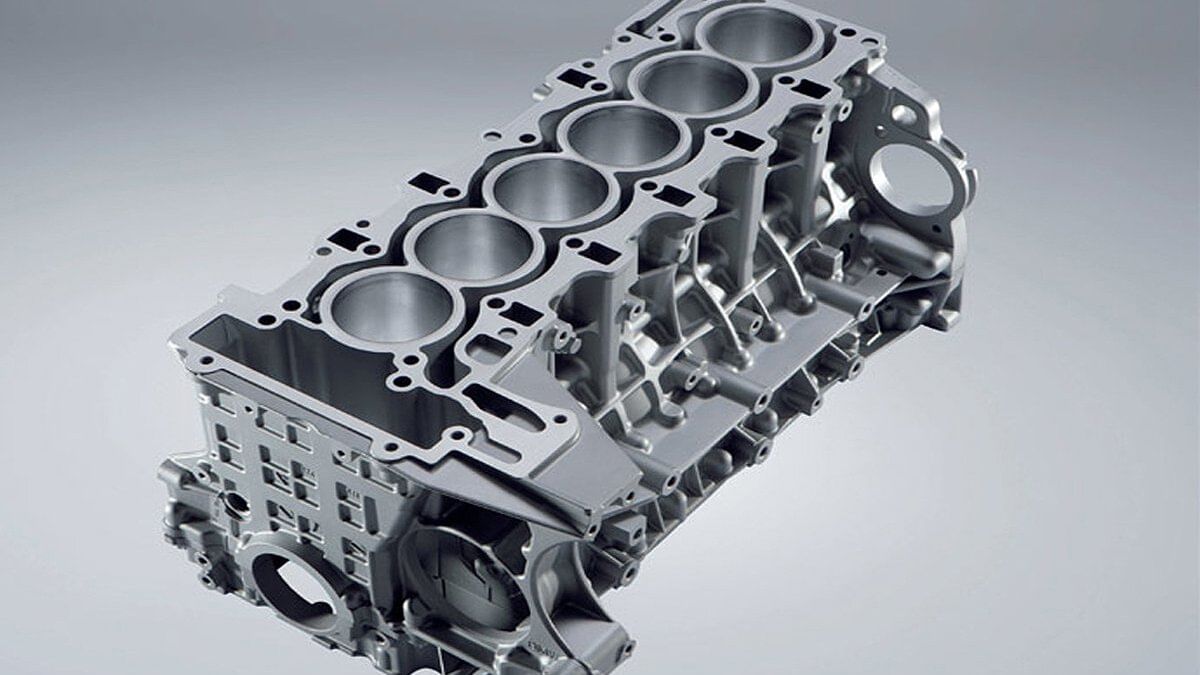Store Engines for Africa and Even More at Our Considerable Vehicle Components Shop
The Mission for Ultimate Driving Power: Investigating the Peak of Engine Efficiency and Technological Advancements in the Automotive Field
In the world of automotive engineering, the quest of optimum driving power has been a relentless quest that has unfolded via the evolution of engine design and the integration of cutting-edge technologies. From the precise workmanship of burning engines to the quick innovations in electrical propulsion systems, the vehicle market stands at the cusp of a new era identified by unprecedented efficiency capacities.
Development of Engine Style

Additionally, the assimilation of turbocharging and turbo charging modern technologies has actually reinvented engine style by increasing power without considerably enhancing engine dimension. These forced induction systems compress the consumption air, permitting for more fuel to be ignited, therefore generating higher power outcome from a smaller sized engine. This improvement has been particularly vital in boosting the efficiency of smaller sized variation engines while maintaining fuel effectiveness requirements.

Performance-Enhancing Fuel Technologies
The implementation of advanced fuel technologies has considerably contributed to enhancing engine performance in modern vehicles. From traditional fuel and diesel to cutting-edge biofuels, artificial gas, and hydrogen, the auto market is experiencing a transformation in fuel options. Biofuels, originated from eco-friendly resources like sugarcane, algae, or corn, offer reduced exhausts and boosted engine performance. Artificial fuels, generated via chemical processes, offer high octane rankings, enhancing power output. Hydrogen gas cells, although still in the early phases of adoption, show wonderful pledge due to their zero-emission nature and possibility for high performance. Furthermore, gas additives and cleaning agents are being developed to clean engine elements, optimize burning, and lower rubbing, thereby enhancing general car efficiency. With continuous research and growth, the quest for the utmost driving power proceeds, as designers strive to unlock the complete potential of performance-enhancing gas technologies in the auto industry.
Advancements in Electric Propulsion
Significant strides in electric propulsion innovation have changed the automotive industry, leading the way for a new age of efficient and sustainable transportation. Electric lorries (EVs) are gaining appeal due to their environmental benefits and developments in battery innovation, allowing longer driving varieties and shorter charging times. Producers are investing heavily in research and development to enhance the performance of electrical his comment is here propulsion systems, concentrating on raising power result, enhancing power efficiency, and decreasing overall weight.
One noteworthy advancement in electrical propulsion is the growth of sophisticated electric motors that supply higher torque and power density, causing improved acceleration and total driving performance. Additionally, regenerative stopping systems have been refined to keep and capture power during slowdown, additional increasing the efficiency of EVs.
In addition, the combination of smart modern technologies, such as expert system and anticipating analytics, is maximizing the management of electrical propulsion systems, guaranteeing optimum performance under various driving problems. These developments in electrical propulsion are reshaping the vehicle landscape, driving the industry in the direction of an extra sustainable and energized future.
Impact of Computational Liquid Characteristics
With developments in electrical propulsion pressing the limits of auto technology, the assimilation of Computational Fluid Dynamics is playing a crucial duty in optimizing wind resistant efficiency and enhancing general performance in car layout. Computational Fluid Characteristics (CFD) entails using computer system simulations to assess the flow of air around a car, enabling engineers to his response anticipate just how layout modifications will certainly influence aerodynamics without the need for expensive physical models. By properly modeling airflow patterns, CFD permits the improvement of lorry shapes to decrease drag, boost cooling, and improve security.
CFD enables engineers to optimize air movement around elements such as radiators, engine bays, and wheel wells, contributing to boosted efficiency and general driving experience. In verdict, the assimilation of Computational Fluid Characteristics stands for a substantial action onward in the mission for ultimate driving power and effectiveness in the automobile sector.
Future Patterns in Engine Development
In the vibrant landscape of vehicle engineering, cutting-edge advancements are forming the future trajectory of engine development. The future of engine layout is marked by a solid emphasis on sustainability, performance, and performance. Producers are significantly concentrating on creating engines that not only deliver high power outcomes yet also focus on ecological obligation by lowering emissions and improving gas effectiveness.
One famous trend in engine innovation is the increase of electrification. Crossbreed and electrical powertrains are gaining traction as feasible choices to standard combustion engines. These innovations supply the potential for significant reductions in carbon discharges and enhanced energy effectiveness, lining up with international initiatives to combat climate modification.
Additionally, improvements in products scientific research and manufacturing techniques are allowing the manufacturing of lighter and extra durable engine components. This shift towards lightweight products such as carbon fiber and aluminum alloys adds to improved performance and fuel economy.
Final Thought
In conclusion, the quest of supreme driving power in the vehicle market proceeds to drive improvements in engine style, fuel technologies, electric propulsion, and computational liquid characteristics. The advancement of these modern technologies is forming the future of engine advancement, leading the way for more efficient and effective cars (engines for africa). As the industry continues to press the limits of what is possible, we can expect to see a lot more cutting-edge developments in the quest for peak efficiency
One of the vital turning points in engine style evolution is the change from standard carbureted engines to contemporary fuel-injected systems. By precisely metering the gas shipment to each cylinder, fuel-injected engines maximize combustion, resulting in much better performance and reduced ecological impact.
Furthermore, the assimilation of turbocharging and supercharging modern technologies has actually reinvented engine design by enhancing power without dramatically enhancing engine dimension (engines for africa).The application of innovative gas technologies has actually significantly added to enhancing engine anchor efficiency in modern vehicles. In addition, fuel ingredients and detergents are being developed to tidy engine elements, optimize combustion, and decrease rubbing, thereby enhancing total vehicle efficiency